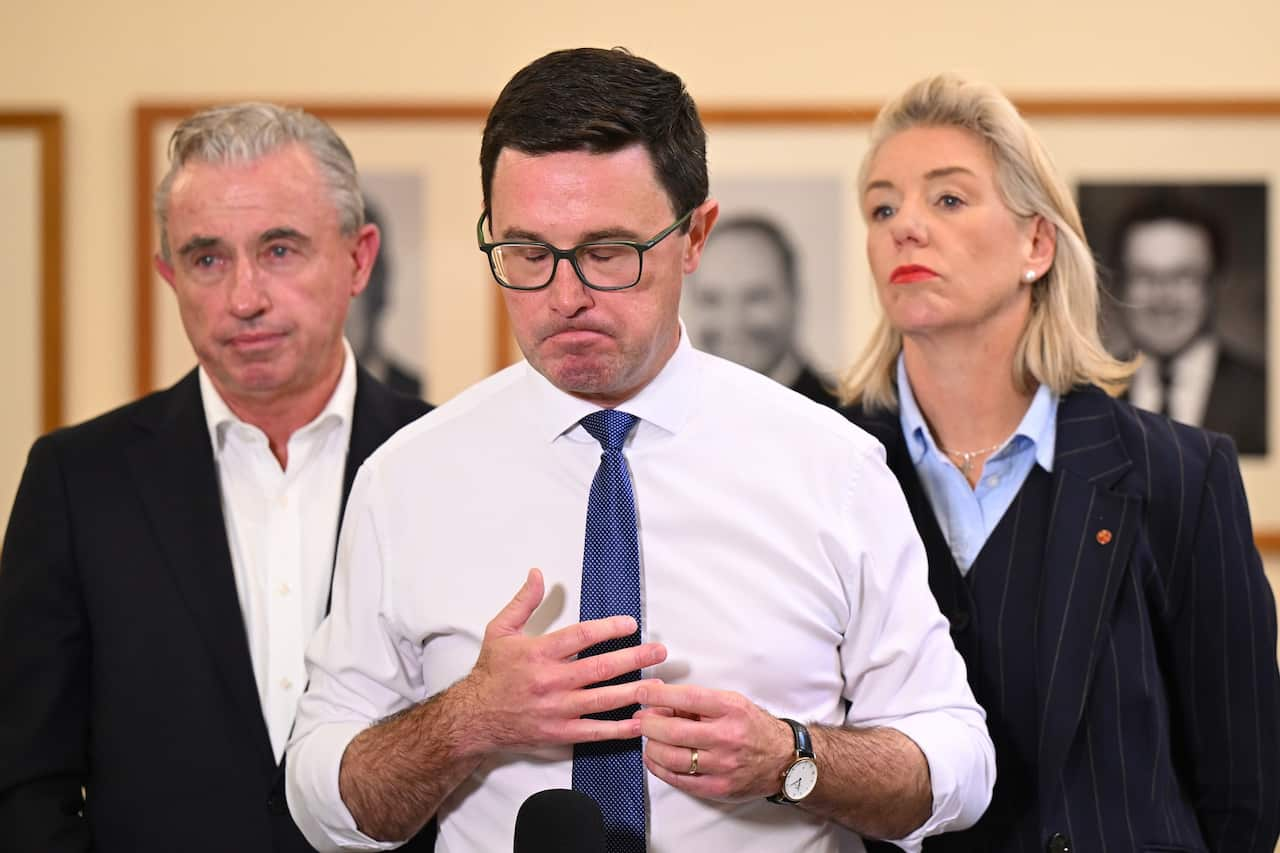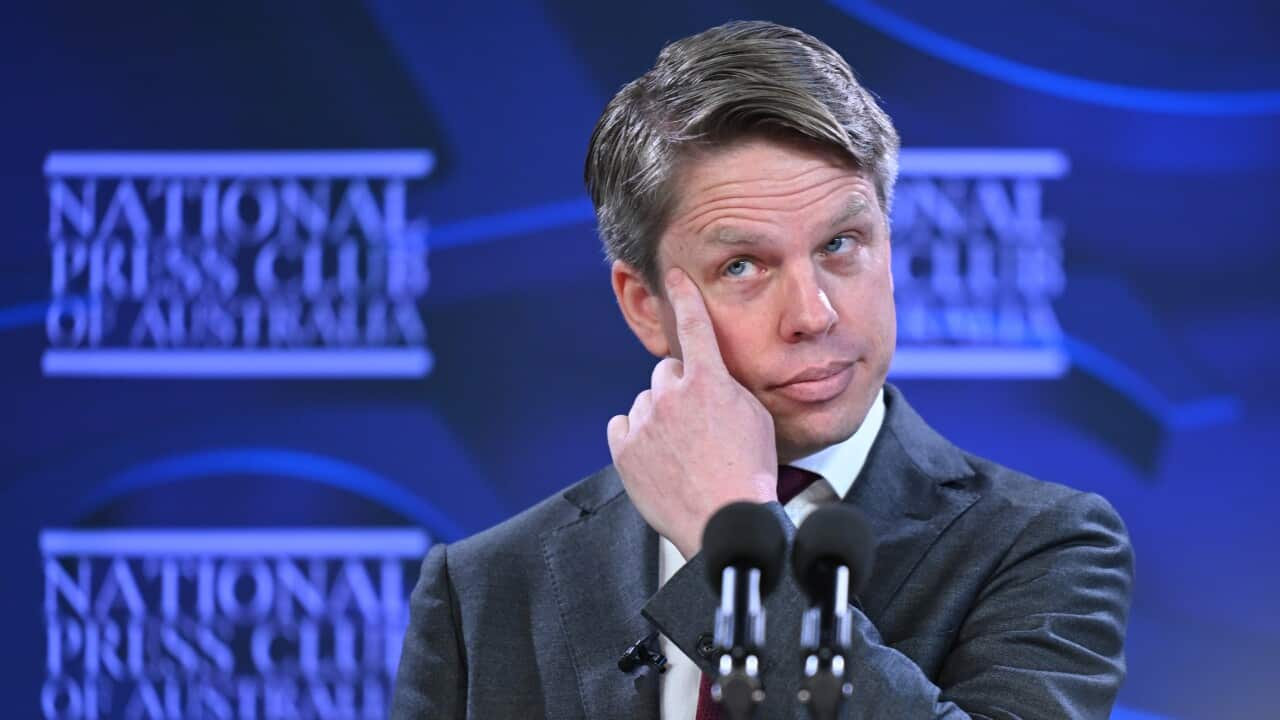The Liberals cannot continue their path of "denial and delay" on energy if they hope to recover from their federal election loss, Labor's campaign mastermind says.
Australian Labor Party national secretary and campaign director Paul Erickson outlined the strategy behind Labor's historic win during his address at the National Press Club on Wednesday.
He credited Labor's 93-seat majority to four key items: A comprehensive agenda to reduce the cost of living, getting inflation down, embracing renewable energy and using Labor's first term to lay down the foundation for its second, across areas ranging from health to housing.
During the post-election moratorium, Erickson accused the Liberal Party of operating inside an "echo chamber" and failing to deliver policies that aligned with mainstream voters.
"They are more concerned with the prejudices of their hardcore supporters than the experiences of working people," he said in Canberra.
"And on the transition to renewables, they remain fatally committed to denial and delay," Erickson said.
He said the Liberal Party needed to learn from past defeats, drawing parallels to the party's attitudes towards Medicare during the Hawke and Keating governments.
He said it took decades and five election losses for the Coalition to come to the table, matching Labor's $8.5 billion boost to Medicare at the recent election.
His advice? Abandoning nuclear.
"They should start by abandoning a nuclear energy scheme that takes too long, will cost too much, will do nothing to meet our energy needs and was designed to kill off the transition to renewables," he said.
Erickson said highlighting the cost and timeline of seven proposed nuclear plants was key to Labor's success. Meanwhile, the Nationals maintain the policy is misunderstood.
So, where does that leave Australia's nuclear prospects?
Littleproud argues Coalition failed to sell nuclear
Nuclear has divided the Liberal Party and contributed to the Coalition's shocking split, with the Nationals maintaining the policy as one of their four ultimatums to renew the Coalition agreement.

Nationals leader David Littleproud maintains that where the now disbanded Coalition fell over was their inability to sell their vision.
"We couldn't sell that, we didn't sell that. We weren't agile enough," Littleproud told the ABC's RN.
He labelled Labor's campaign on the cost of nuclear as a "scare campaign", reiterating that the cost was not $600 billion but $330, a figure that has been debated by experts.
Liberal leader Sussan Ley has committed to listening to Australian voters and undergoing a full review of the policy platform taken to the 2025 election.
The party room is divided on the future of nuclear energy policy, with some calling for its scrapping while others, like returning MP Tim Wilson, argue it should be part of "building the future industrial base of the country".
"I, in my core sense of belief, believe in the role of nuclear power, not as an end but as a beginning," Wilson said days after the election.
But experts say the strategy doesn't resonate with metro voters.
Australian Electoral Commission's data for the 2025 federal election shows swings against the Coalition in nearly every seat where it proposed a nuclear plant, except for Flynn in Queensland.
For the latest from SBS News, download our app and subscribe to our newsletter.

